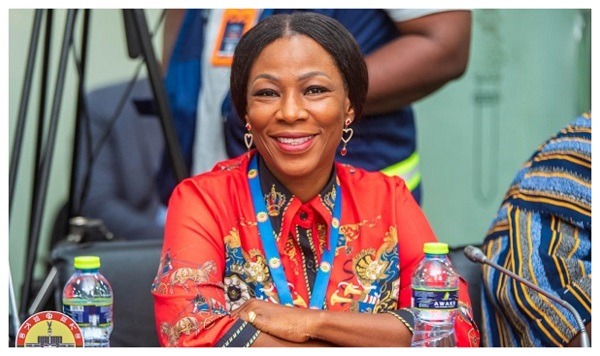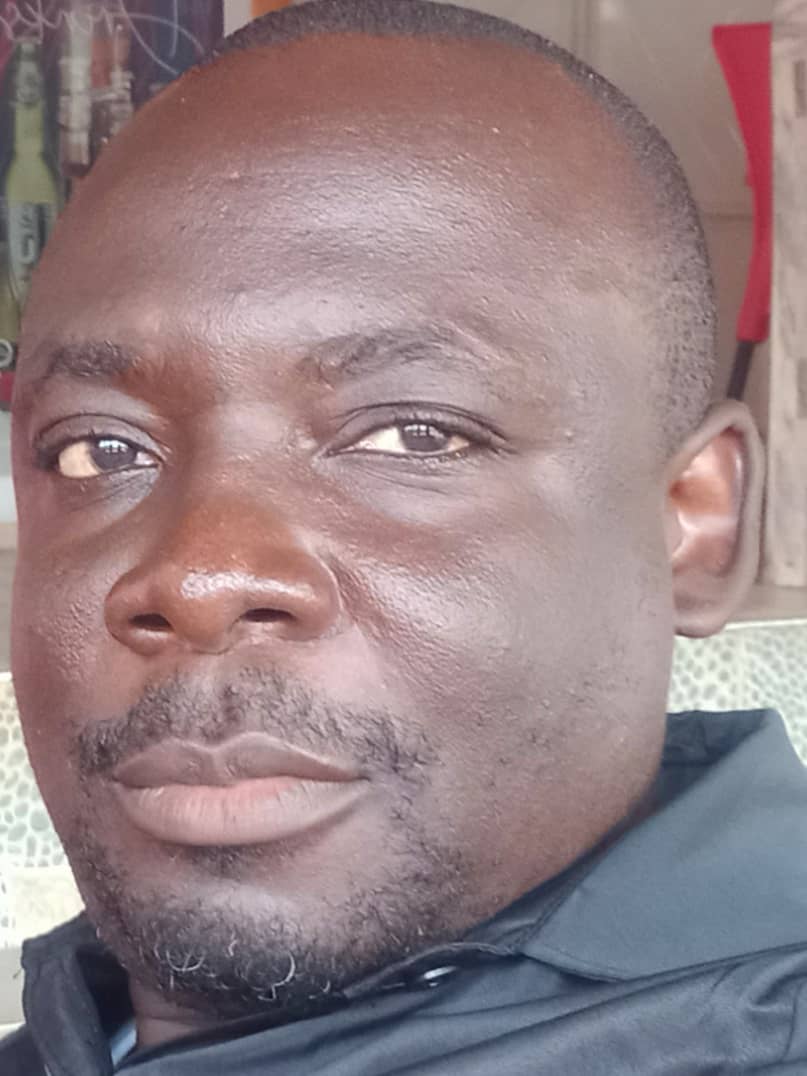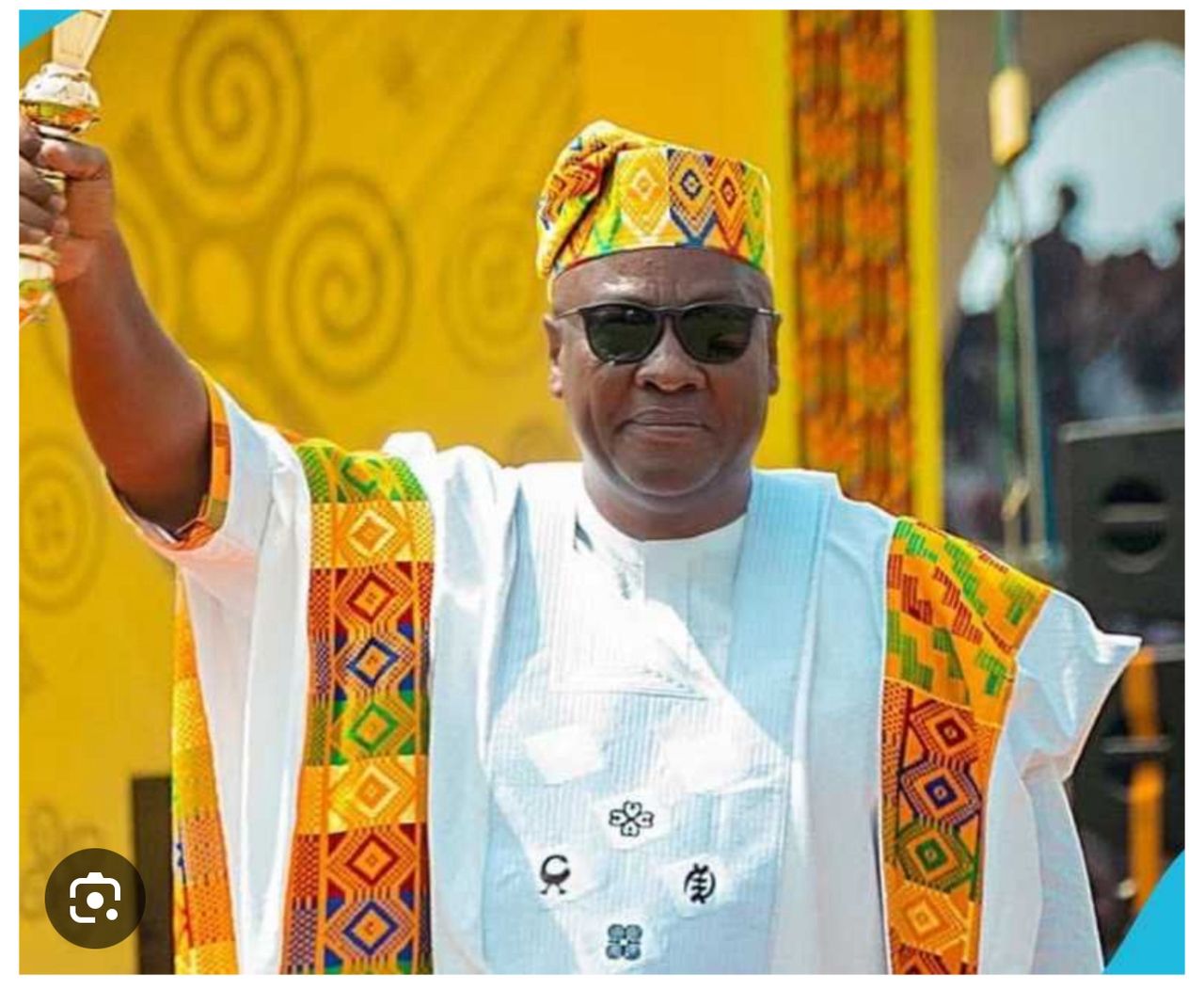By Nana Asare Baffour
In every democracy, truth under oath is sacred. When nominees appear before Ghana’s Parliament for vetting, they do so not just as politicians but as public servants affirming under the penalty of law that what they present is accurate. That is why the controversy surrounding Dr. Grace Ayensu-Danquah’s use of the title “Professor” strikes at the very core of public trust in governance.
The Ghana Tertiary Education Commission (GTEC) has now confirmed that Dr. Ayensu-Danquah is not a professor and has directed her to immediately desist from using the title unless she can provide documentary proof. This follows her July 2025 vetting before Parliament’s Appointments Committee, where she introduced herself as “Professor,” an assertion that is now in dispute. The vetting process, conducted under oath, magnifies the seriousness of the matter.
Under Ghana’s Criminal Offences Act, 1960 (Act 29, Sections 210–211), perjury occurs when a person knowingly makes a false statement under oath on a material point. Perjury is not a trivial matter it is a felony. While the courts ultimately determine guilt, even the appearance of dishonesty at such a high level undermines confidence in our institutions.
This is where leadership matters. President John Dramani Mahama, who assumed office in January 2025 with a renewed pledge to restore integrity in public service, cannot allow this issue to be brushed aside. The Presidency must demonstrate that accountability applies to all, regardless of political affiliation or personal standing.
The appropriate course of action is clear:
- Immediate Compliance: Dr. Ayensu-Danquah must cease using the “Professor” title in all official communications, pending independent verification.
- Independent Verification: The Presidency should direct GTEC, the Public Services Commission, and relevant institutions to conduct a full audit of her academic and professional credentials.
- Referral for Investigation: If it is established that she knowingly misrepresented herself under oath, the matter must be referred to the Attorney-General and law enforcement agencies for possible prosecution.
- Transparent Communication: The Presidency should issue a clear statement outlining the steps being taken, reinforcing its commitment to integrity in public life.
This is not about partisan politics. It is about protecting the credibility of our democracy. Every honest academic who has spent years earning their titles deserves to know that their sacrifices are respected. Every public servant who appears before Parliament deserves to know that the rules apply equally to all. And every citizen deserves leaders who respect the solemnity of an oath.
The Ayensu-Danquah controversy is therefore a test case for Ghana’s integrity. If we allow truth under oath to be trivialized, we set a dangerous precedent for future vettings and, indeed, for public service at large.
Mr. President, the country is watching. Swift, transparent, and principled action will not only uphold the law but also strengthen the very fabric of accountability that our democracy relies upon.
Because in the end, the issue is bigger than one minister. It is about whether oaths still matter in Ghana.


